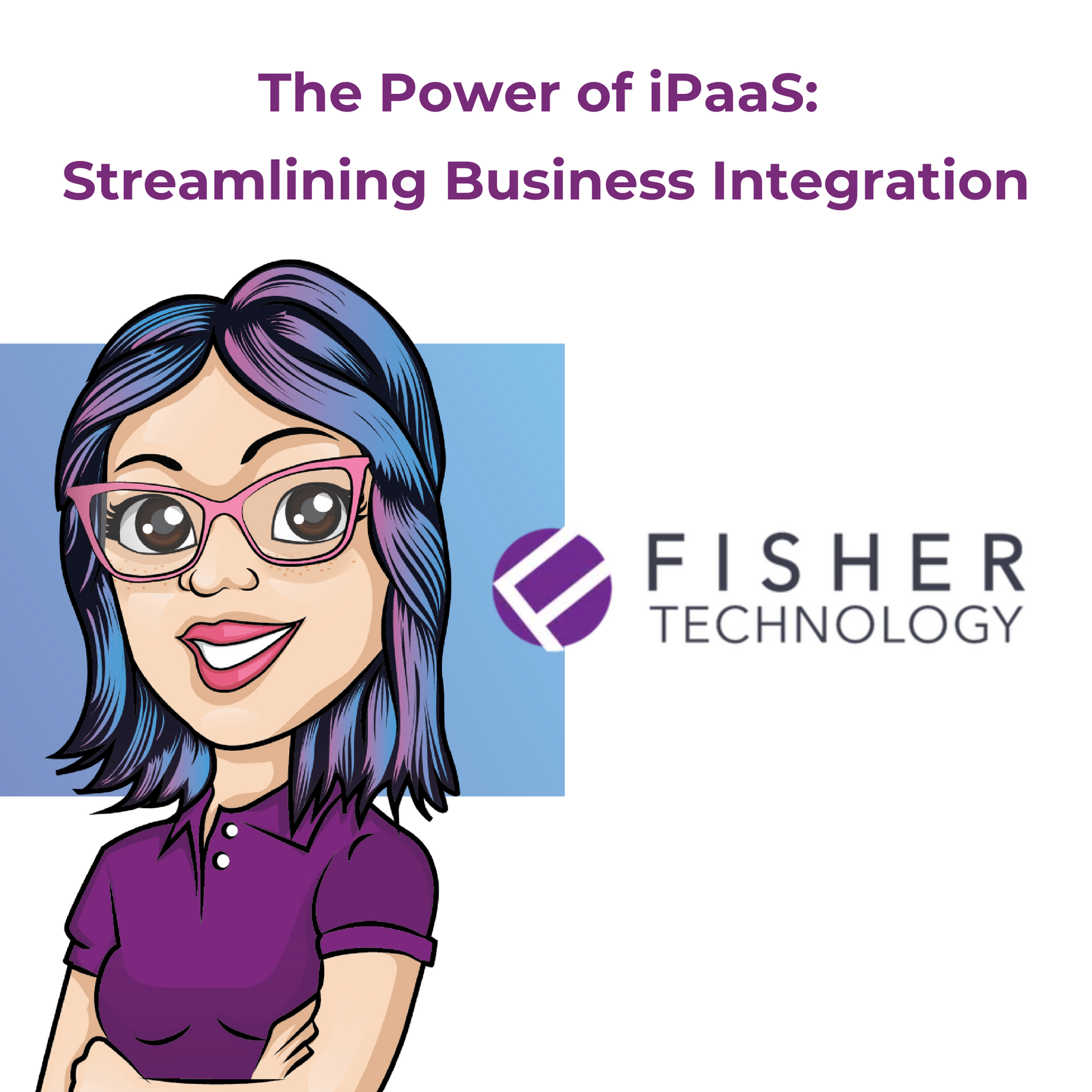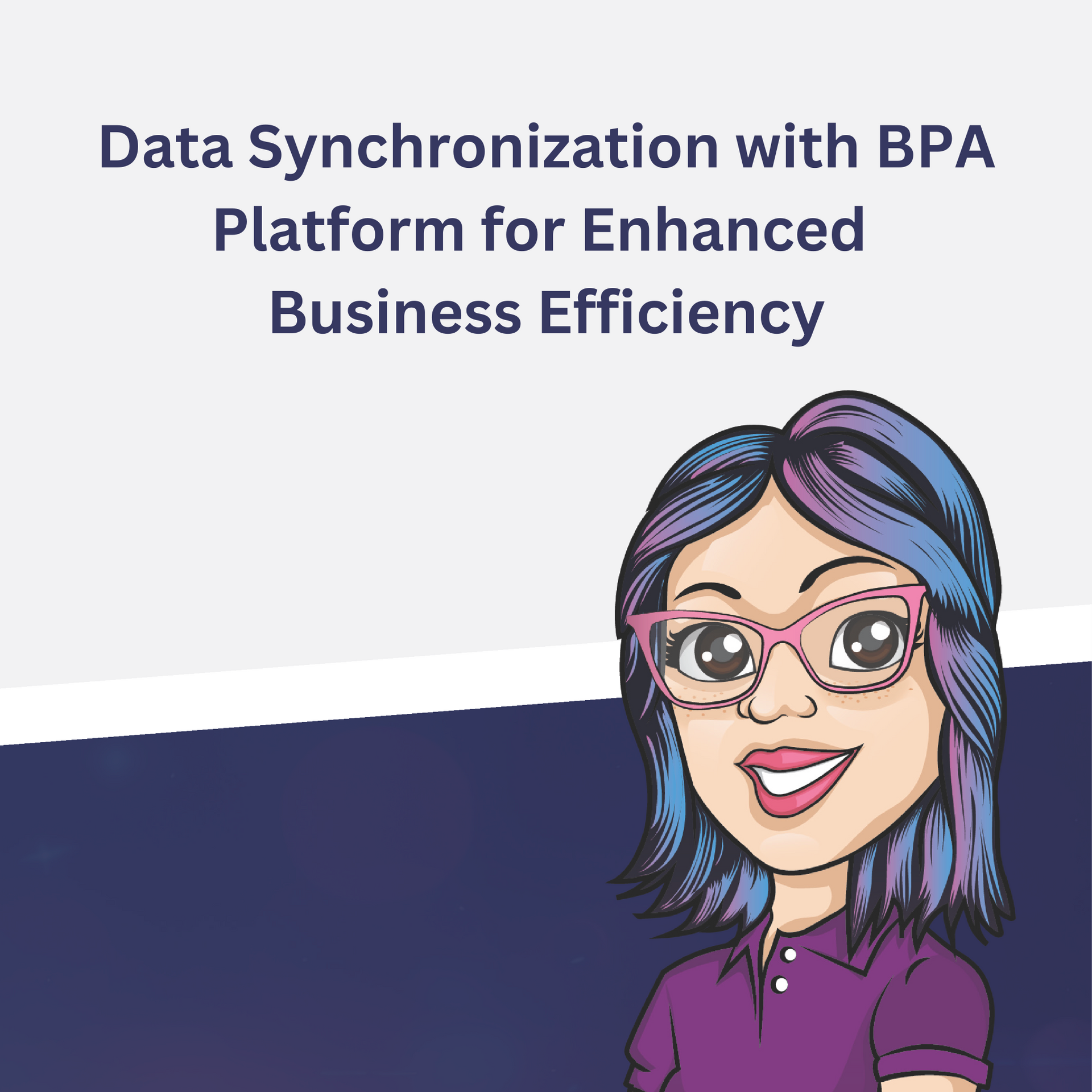How to Choose an Integration Partner
Choosing a good integration partner is crucial when embarking on a digital transformation project.
Choosing a good integration partner is undeniably crucial for the success of automating your business processes when embarking on a digital transformation project. Here are some key factors to consider when selecting an integration partner:
Expertise and Experience: Look for a partner with a proven track record of successful integrations. They should have experience working with the software solutions that you use and possess the technical expertise required for seamless integration. You can also check if the Partner works with Value Added Resellers (VAR’s) who sell and maintain your software, collaboration with those Partners can save time and mitigate a steep learning curve and time lost on learning the intricacies of an unfamiliar system.
Industry Knowledge: For an integration project to be successful it is not essential to understand your industry and its specific challenges. A good integration Partner will have a wide range of customers from all types of industry that they work with. An Integration Partner who ensures that they do good discovery and proper scoping will be able to uncover any niche or compliance requirements, so they can deliver a robust solution, incorporating best practices that meet the business needs.
Customization and Flexibility: Integration solutions should be tailored to your unique business needs. A good partner will offer customizable solutions and the flexibility to adapt as your business evolves. When evaluating an integration Partner, check out whether the solution they will deliver is accessible to you. If it is a black box beware that any changes, even minor changes, will always need the integration partner’s assistance, which can be frustrating for you and expensive! Another important question to ask is if the solution is built using either open source or proprietary software, and whether your team can learn how to use the software, make easy changes or even complex additions to the integration. Not all companies have the resources internally to maintain an integration, if that’s the case for your business then those considerations will be different than the ones for an organization that does have those resources.
Technology Stack: Ensure that the partner's technology stack aligns with your existing systems and future goals. Compatibility and scalability are key considerations here. If the integration Partner is doing custom development, find out what technology is being used, and make sure that there is more than one person who has knowledge of the way this integration will be built.
Communication and Collaboration: Effective communication is vital for a successful integration project. The partner should be responsive, transparent, and capable of working closely with your team throughout the process. Communication and collaboration are particularly important during the design and scoping phase of the project. The integration Partner should listen to your needs as well as share their experience and guide you on best practices. You should not be forced to change your internal business process because an integration solution only works in one way!
Project Management: A well-structured project management approach is important. Look for a partner with a clear plan, milestones, and a process for issue resolution. Many software development companies use collaborative Project management tools that give you the customer insight into the progress of the project, time being spent and a way to document the status, queries that may arise and any requests for changes. Larger companies often use Project Management software internally anyway, your integration Partner should be willing to use your project management tools, if that is your requirement.
Support and Maintenance: Integration is an ongoing process, and post-implementation support is crucial. Ensure that the partner offers reliable support and maintenance services to address any issues. Find out if the support team is onshore, near shore or offshore. Response times can be delayed if support is not handled within your time zone. When companies offer offshore support, make sure that there will be no language barriers.
Scalability and Future Proofing: As your business grows, your integration needs may change. Choose a partner that can accommodate future expansions and technological advancements.
Cost and ROI: While cost is a factor, focus on the overall return on investment (ROI) the integration partner can deliver. A partner that can streamline processes, increase efficiency, and drive revenue growth will provide your business with a strong ROI. By adopting integration and being able to eliminate the need for repetitive manual tasks and eradicate errors from manual data entry, your business will see the dollar savings and the value from your investment very quickly.
Security and Data Privacy: Integration involves sharing sensitive data between systems. Confirm that the partner follows robust security practices and complies with data privacy regulations. If the integration is fully hosted by the integration provider, ensure that you know who is managing the hosting and that they have a good reputation. If the integration can be self-hosted, check out the system requirements, and address any concerns you have about security before any software is implemented in your environment.
Innovation and Problem-Solving: Look for a partner that can bring innovative ideas to the table and has a reputation for solving complex integration challenges. You might not want to be on the cutting edge of new innovations, so make sure that any innovative processes that are being suggested have been tried and tested.
Training and Knowledge Transfer: A good partner will empower your team with the knowledge and skills needed to manage the integrated systems effectively. During the sales process find out how easy it is to use the software, what skills are needed, and how knowledge transfer would take place. Be mindful of the challenges you may face if there is no way to be self-sufficient (as cited in the paragraph about Customization and Flexibility above).
Remember that selecting the right integration partner is a critical decision that can impact your business operations and success. Take the time to thoroughly evaluate potential partners and choose one that aligns with your goals and values. Integration is not easy! Embarking on Digital Transformation for your business needs to be thought through in depth and be carefully evaluated to ensure that it will meet the business needs now and in the future.
Authors Note: These blogs ideas were originally generated by Chat GPT. I wanted to see how accurately it could respond to the question I posed about “How to choose an integration partner”. Although the answer was good it seemed a bit wooden, apparently Chat GPT cannot learn my voice or writing style (I asked it and its not something that is possible for it to ever learn). Chat GPT does not (yet!) have the knowledge that I have gained in my role as an integration Partner for more than 8 years, apart from what it can find a disseminate from the internet. It was easy to use Chat GPT to coalesce my thoughts on the subject and hopefully (we both) didn’t miss anything key. Hopefully, with my editing Chat GPT’s voice and my own have merged into one and you the reader have had a seamless reading experience! Do you agree? Feel free to comment.





